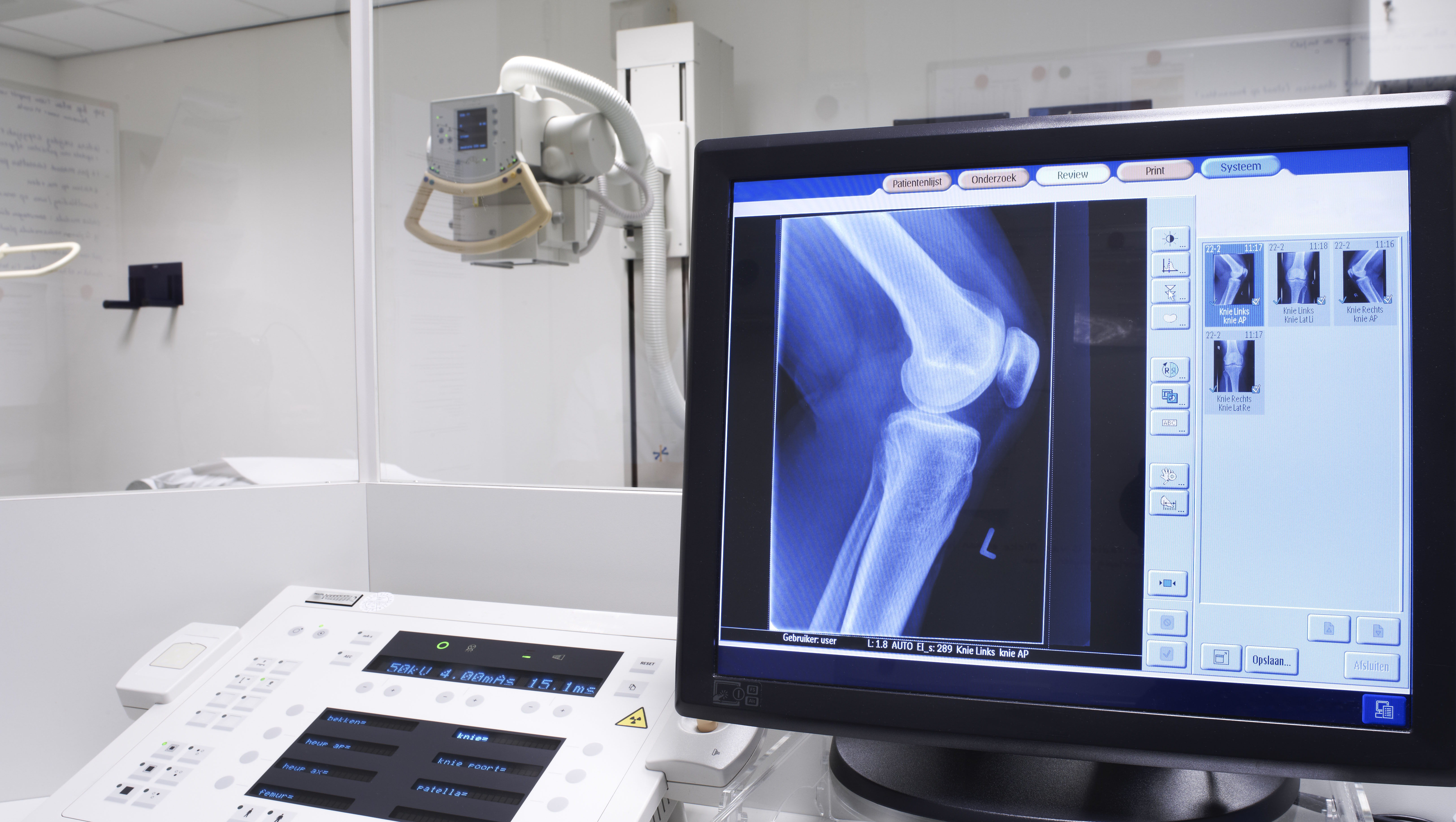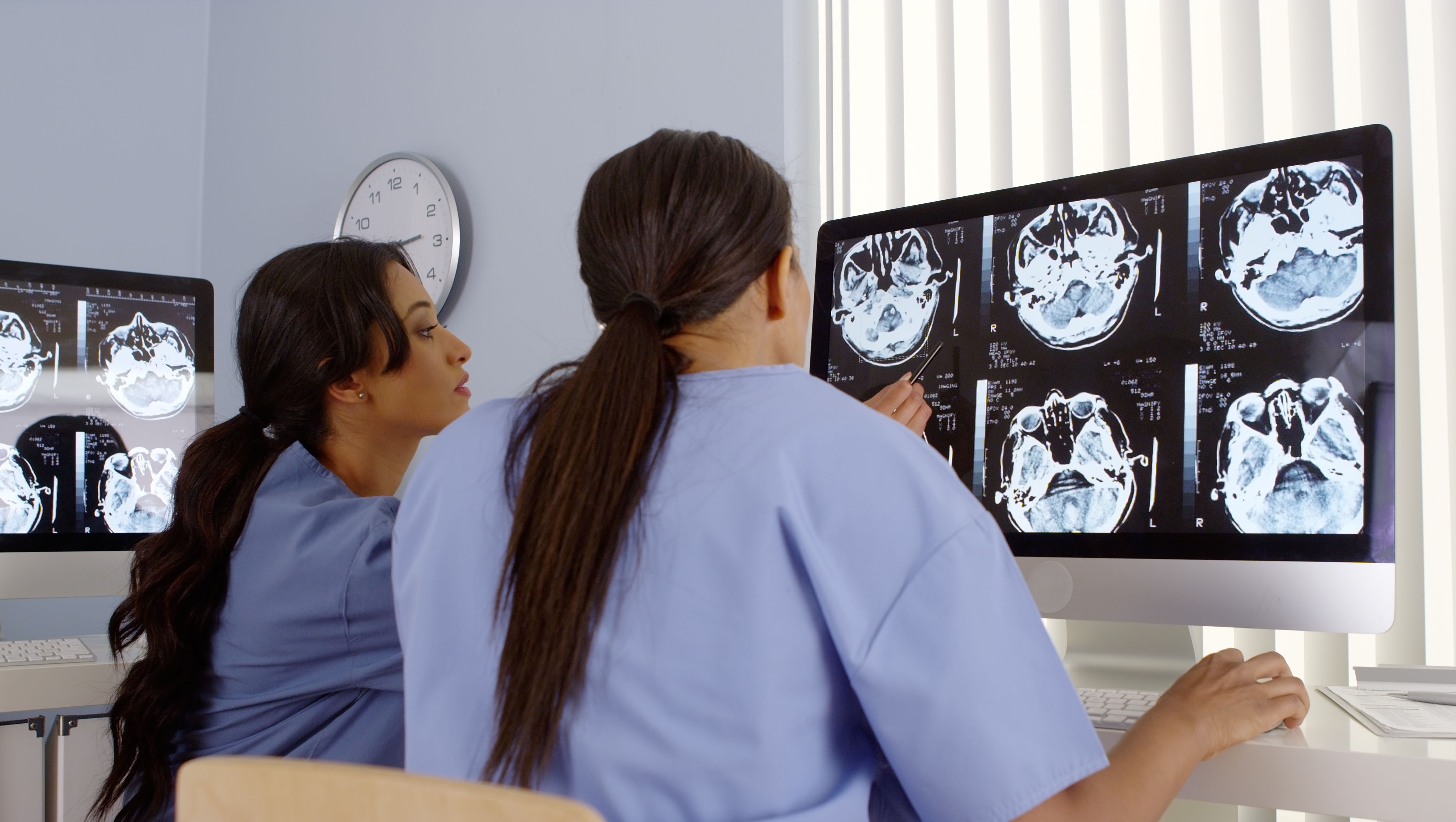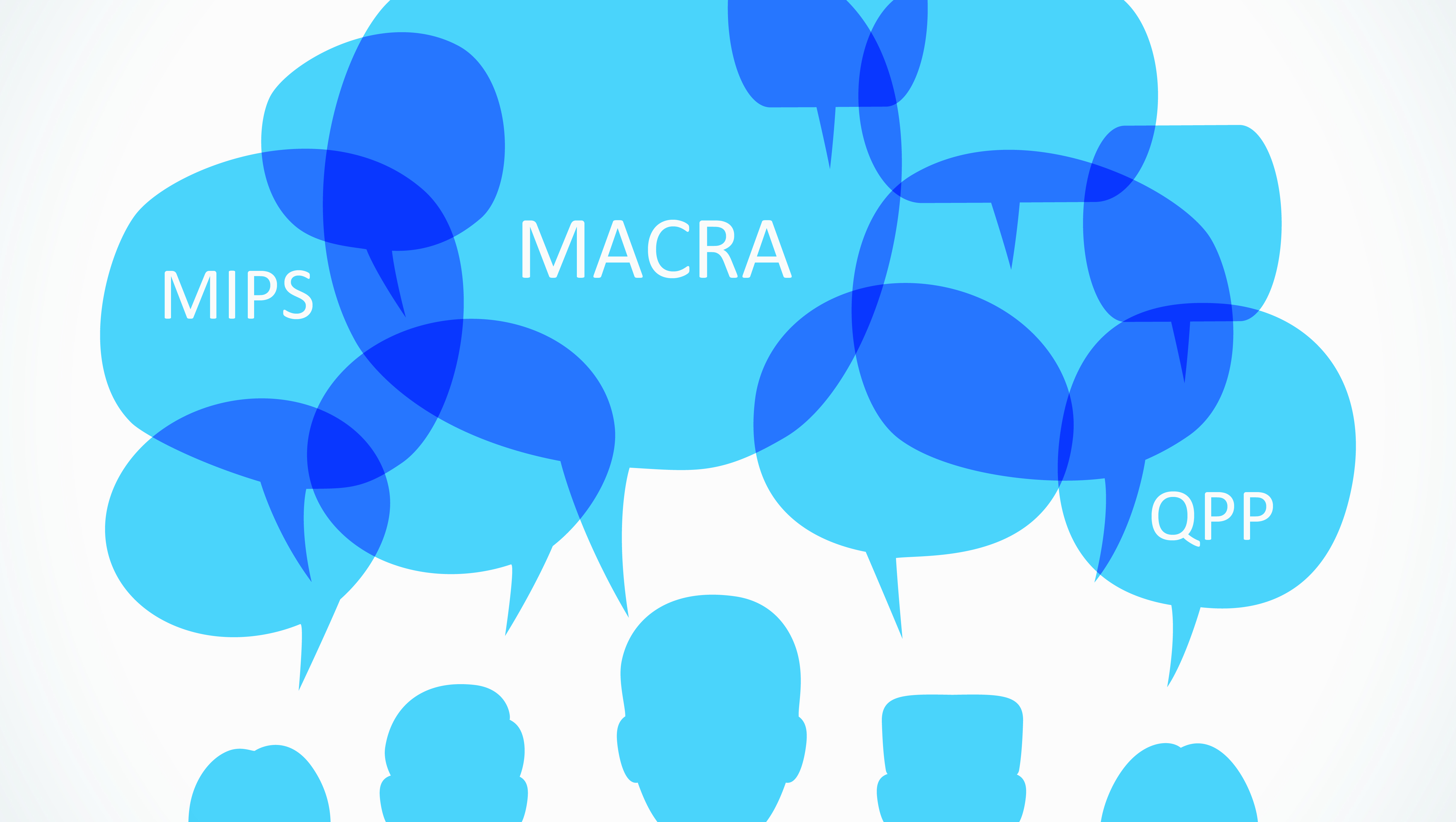Radiologists are most likely not paying much attention to the Merit-based Incentive Payment System (MIPS) Cost category because no specific action is needed to report data, and usually radiology groups have little control over the cost attributed to a patient. The Centers for Medicare and Medicaid Services (CMS) has released a new MIPS resource on the Cost performance category that provides good information on this aspect of the MIPS scoring. This affords a good opportunity to review the Cost category and better understand its potential impact on your practice.
CMS Releases a New Resource on the MIPS Cost Category on June 24, 2019
Categories: cms, MIPS, MIPS participation, radiology
Just as you were done revising your practice systems and processes for Meaningful Use and MACRA/MIPS, a new Medicare mandate came along. One of the biggest challenges for radiology practices right now is to be able to comply with the requirement that ordering physicians use a Clinical Decision Support Mechanism (CDSM) to consult Appropriate Use Criteria (AUC) when ordering MR, CT, PET and other specified nuclear medicine exams. This rule has been on the books since 2014, but it will begin to be implemented in 2020 followed by the imposition of penalties in 2021. This is not a voluntary bonus like Meaningful Use, or the avoidance of a small fee reduction under MIPS, but rather it means there will be NO payment to the radiologist for procedures performed without using the appropriate process.
Categories: radiology billing, MIPS, MACRA, CDS, MIPS participation, radiology, AUC
Update on MIPS Reporting and Payment Adjustments for Radiology on March 25, 2019
The year 2019 marks the third reporting period under the Medicare Incentive-based Payment System (MIPS). Radiology groups’ performance this year will determine their positive or negative Medicare fee schedule adjustment for payments in 2021, just as this year’s Medicare payment adjustment was determined by performance in 2017.
Categories: cms, MIPS, Quality Payment Program, MIPS participation, QPP
How Can Your Radiology Practice Maximize Its MIPS Score? on August 23, 2018
With the 2017 MIPS reporting year behind us, we now know that practices that achieved the highest possible Final Score of 100 points will receive 2.02% more Medicare reimbursement than the basic fee schedule for 2019. This increase is compared with the possibility of a 4% payment reduction for practices that did nothing, and a zero-percent adjustment for practices that did the minimum amount of reporting. In between the minimum level and a perfect score, the fee schedule positive adjustment varies on a sliding scale computed by Medicare.
Categories: MIPS, MIPS participation, radiology
What Does APM Participation Mean for a Radiology Practice? on May 31, 2018
In our recent article we explored the ways radiology groups can begin to move toward participation in Alternative Payment Models (APM*) as an option in place of working within MIPS under the Medicare QPP. But what does APM participation mean for a radiology practice, and what should radiologists look for to begin moving in this direction?
Categories: MIPS, Quality Payment Program, MIPS participation, radiology, QPP, APM, Advanced Payment Model
2018 Budget Bill Makes Changes to MIPS on April 6, 2018
When Congress finalized the fiscal 2017 federal budget on February 9, 2018, the bill1 contained some changes that will affect the Medicare Quality Payment Program (QPP) in the coming years. Nothing in the bill changes Medicare payment levels or the MIPS2 reporting requirements for 2018. There is, however, a change that affects the 2018 performance year low-volume exclusion.
Here is a summary of the changes:
Categories: MIPS, Quality Payment Program, MIPS participation, QPP
How Important Is The MIPS Cost Category to Radiology Practices? on March 8, 2018
The Centers for Medicare and Medicaid Services (CMS) threw a surprise into the Quality Payment Program (QPP) Final Rule for 2018 when it included the Cost Category as 10% of the MIPS Final Score for 2018 reporting. The QPP Proposed Rule issued a few months earlier stated that Cost would be zero-weighted for 2018 as it had been in 2017. So what does this mean for radiology?
Categories: MIPS, Quality Payment Program, MIPS participation, radiology, QPP
MIPS Rules Changes For 2018: What Radiology Practices Need To Know on January 23, 2018
The first performance measurement year of the Medicare Incentive-based Payment System (MIPS) was 2017, the results of which will be used to determine Medicare payment adjustments in 2019. This was considered a “transition year” that allowed practices to “pick your pace,” ranging from a streamlined path that would simply avoid penalties in 2019 to full participation that could generate positive payment adjustments in 2019. The bar has been raised for 2018 performance measurement, and it will continue to be raised again in 2019 as the program reaches full implementation as required by law. This article summarizes the changes for 2018 that will affect the performance of radiology practices as they work to maximize their reimbursement in 2020.
Categories: MIPS, MIPS participation, radiology
Is a Virtual Group an Option for Radiologists Reporting MIPS? on November 20, 2017
Physicians participating in Medicare’s Merit-based Incentive Payment System (MIPS) have the option of reporting data for 2018 as an individual Eligible Clinician (EC), as part of a group practice that bills Medicare using the same Taxpayer ID Number (TIN), or as part of a Virtual Group. The latter option is available to a group with 10 or fewer ECs, or an EC in solo practice, who might want to join forces with at least one or more similarly-sized practices for the purpose of reporting their MIPS data for a performance year. A solo practitioner participating under two TINs may even form a virtual group across both practices.
Categories: MIPS, MIPS participation, radiology, virtual groups
Radiology Leaders Comment on the Realities of the QPP on November 3, 2017
As MACRA heads down the homestretch of its first implementation year, providers across all specialties are assessing the status of their practice and looking for guidance as to what the future holds. Understandably, concern and confusion remain. While most major players involved in healthcare delivery agree with the move to value-based compensation conceptually, the constant evolution of what is now the Quality Payment Program (QPP) has in many ways created more questions than it has answered. Specialty physician practices looking for certainties amidst the complexities should focus on this important factor: value-based payment models, in theory, have bi-partisan support. This is not expected to change despite the continuing ACA debate in Congress. Implementation delays and grace periods may indeed make it into ongoing legislation. However, proactive physician practices are realizing that the wait-and-see era is over. Maximizing reimbursements in the QPP in the years to come requires planning and implementing a compliance program right now.
Categories: MIPS, MACRA, MIPS participation, radiology











.png)

